Zhao Wei, Fan Bingbing, Jack Ma: Why China is erasing celebrities and rich listers
Billionaire actress Zhao Wei has been ‘erased’ in China and she’s just one of a long line of stars who’ve been banished.
“Helmsman” Xi Jinping is changing course.
The mega-wealthy. Supremely popular celebrities. He sees these as products of Western ideology. Now he wants to impose a new “Common Prosperity” – with Chinese characteristics.
The sudden ‘erasure’ of billionaire singer and actress Zhao Wei from China’s social media and entertainment platforms marks a dramatic change in the nation’s course.
It should come as no surprise.
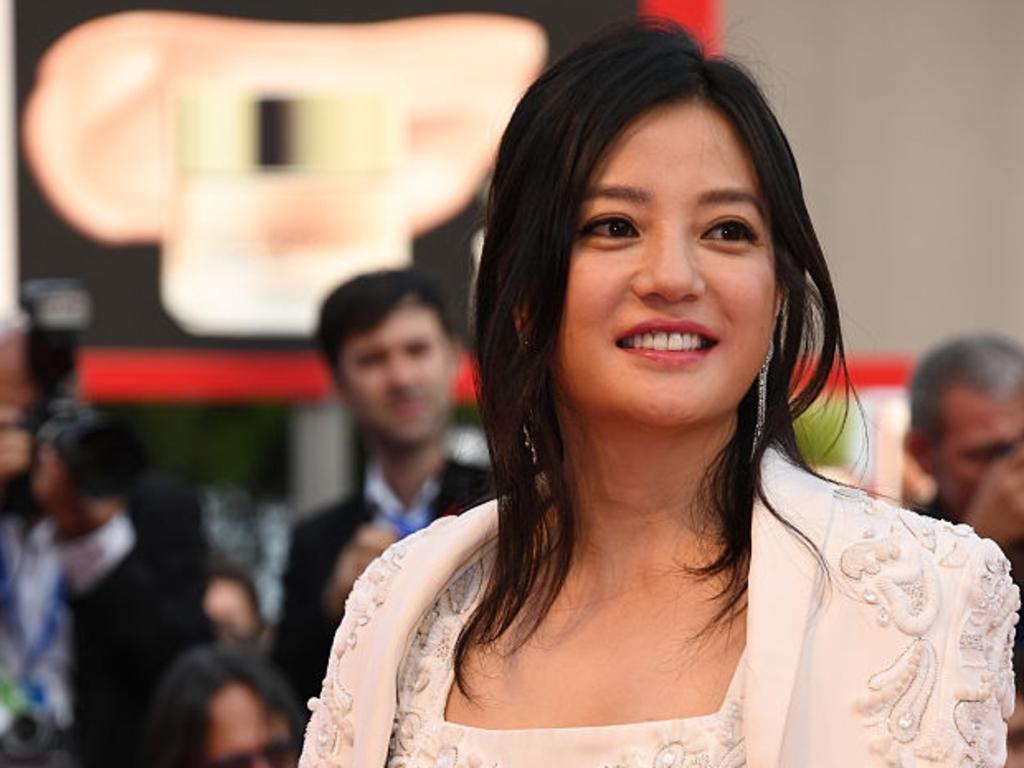
Chairman Xi awarded himself the title of “core navigator and helmsman” last year. Previously it had been reserved only for the Chinese Communist Party’s (CCP’s) greatest revolutionary hero, Chairman Mao Zedong.
The honorific imparts ultimate authority. It entrenched the ambitious Chairman as the sole controller of every aspect of Chinese society.
And Helmsman Xi doesn’t like what he sees. Influential celebrities. Rich entrepreneurs.
The Helmsman sees these as dangerous capitalist reefs upon which the great ship the Party state could be wrecked. So he’s spun the helm over, hard.
“Capitalism with Chinese characteristics” has had its day. Helmsman Xi wants to guide his people to a new era of “Common Prosperity”.
But that’s not enough. He’s also embarking on a massive social re-engineering project to clear the path of any possible threat.
Troubled waters
Communist China embarked on an era of reform and “opening up” in the 1980s.
The stated policy was “let some people get rich first”. The idea was this would accelerate the nation’s drive to modernise its economy.
It worked. But it came with a price.
The rich quickly became super-rich. Others became immensely popular.
Combined, that meant individuals wielded significant influence and power on both the national and international scale.
But that was supposed to be the sole domain of the Party. Communism has clashed with capitalism.
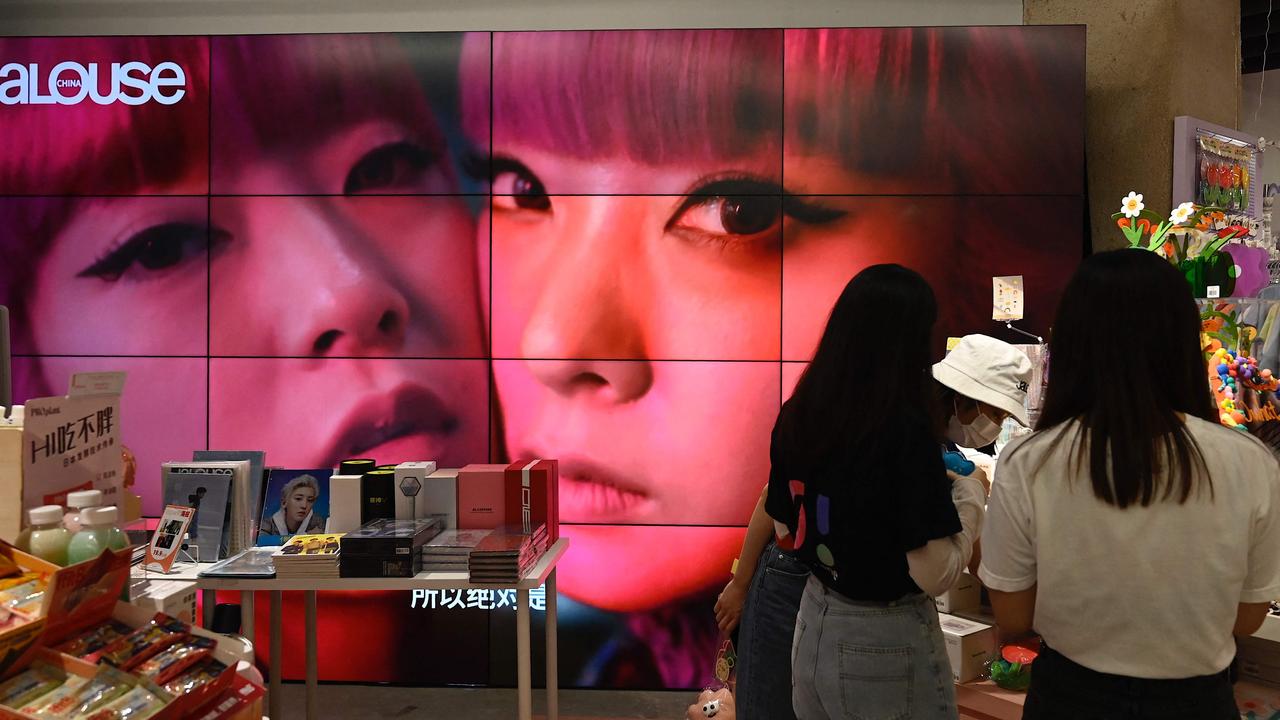
Helmsman Xi sees the immense individual wealth of entrepreneurs as a source of competing power. It also represents severe economic risk. The fate of enormous companies taking on massive debt as part of their global dominance games could drag China upwards – or downwards.
That may be why the Communist Party ‘disappeared’ tech billionaire Jack Ma and terminated the public float – issuing of shares – of his wildly successful Ant Group.
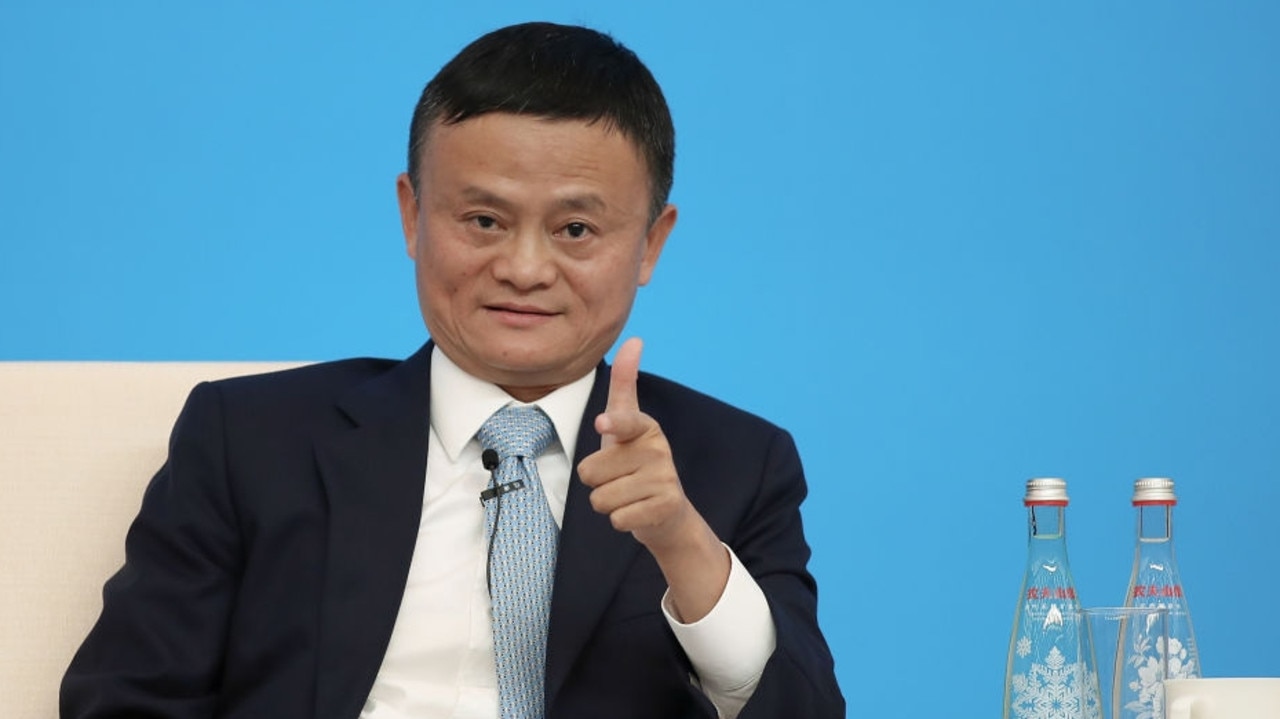
His success, and those of many other Chinese billionaires, risked undermining the Party’s core principles.
“The rich should bring others along with them … focusing on hard work and legally compliant operations,” Beijing’s new Common Prosperity Policy proclaims.
Greed is good?
Lush golden fields. Joyous citizens in colourful traditional dress. Smiling workers selflessly labouring for the common good.
Such are the scenes flooding Chinese state-controlled media. But nothing’s ever that simple.
High-profile performers have been falling foul of the Communist Party in recent years.
Their celebrity makes them choice examples. And easy targets.
In 2018, actress Fan Bingbing suddenly disappeared from her high-profile life without warning. Several months later, a humbled Fan made a public apology for not paying her taxes.
She’s barely been seen since.
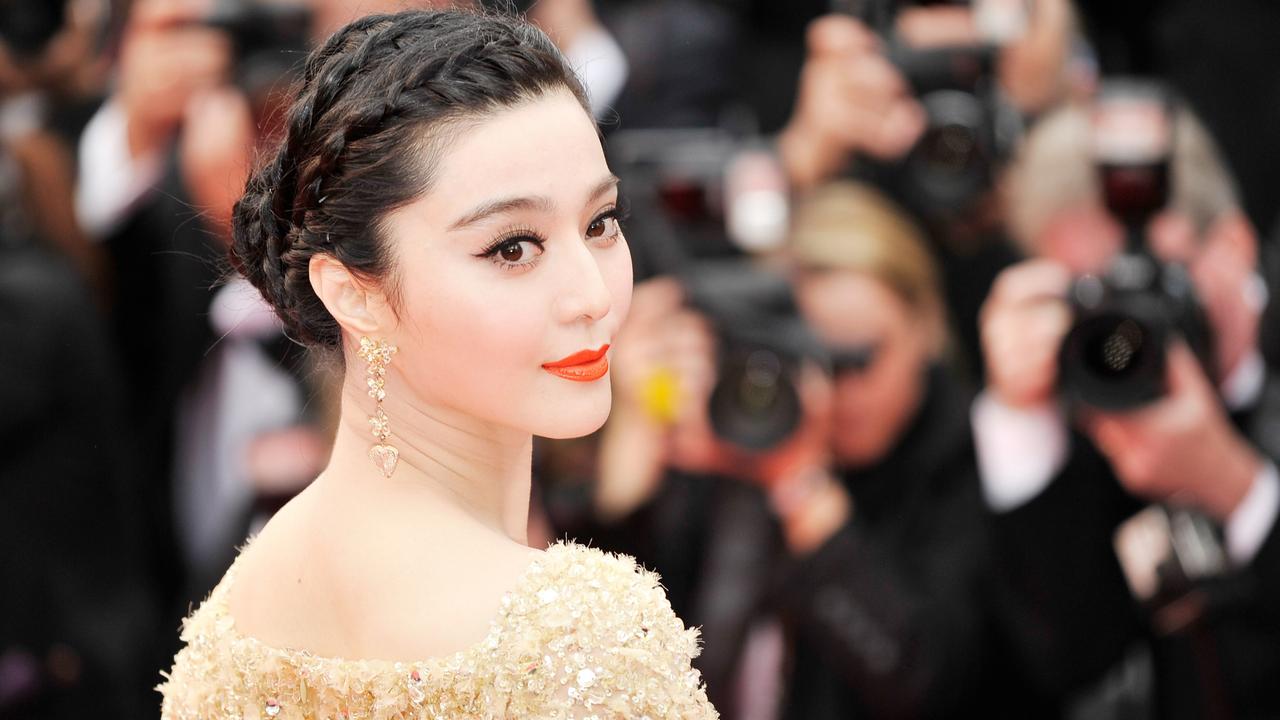
Last week, television actress Zheng Shuang was fined $62 million. She’d allegedly attempted to hide the full extent of her income – a time-honoured tradition in the west. Several corporations were also named, shamed and issued fines totalling more than a billion dollars.
The fate of billionaire actress Zhao Wei – who suddenly had her name censored on social media and appearances removed from streaming platforms – remains the subject of speculation.
What did she do to enrage the Party?
Some point to her close working relationships with Japan and Taiwan. Others suggest her entertainment company had leveraged too much debt.
“Any business that is making huge profits but doesn’t provide tangible goods that the [Chinese Communist] Party thinks society needs had better watch out,” China analyst Wen Zhao warns.
Helmsman Xi’s said it himself.
His speeches talk of preventing “irrational expansion of capital”. They warn of the “barbarous growth” of private corporations. He insists his commissars must “guide companies to obey the Party’s leadership”.
Operation Chaotic Rectification
Helmsman Xi Jinping’s vision of Common Prosperity requires rules. Lots of them.
The technology sector has been targeted. As has the insurance and education sectors.
But entertainment has earned the highest-profile treatment.
On Friday, August 27, the Cybersecurity Administration launched a campaign to crush the “rice circle” (wealthy power bloc) of the Chinese film industry.
It prohibits “celebrity worship”. It regulates “fan community chaos”. It requires compliance with official Communist Party values.
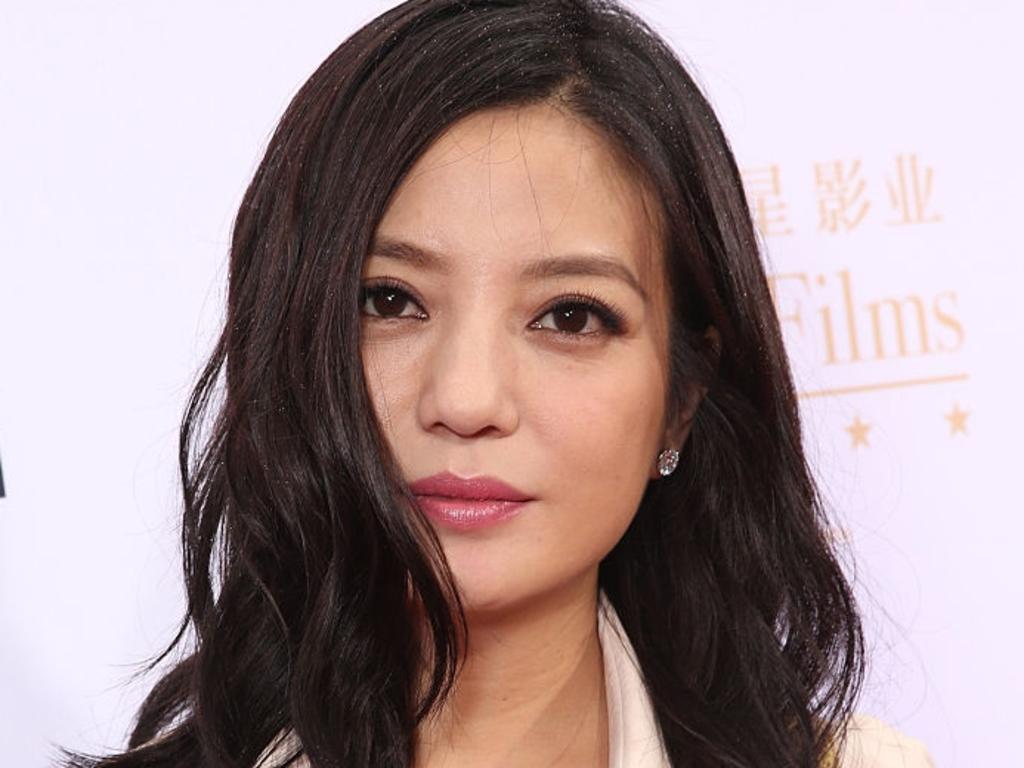
Actor Zheng wasn’t only in trouble over taxes. She’d created a scandal by allegedly abandoning two surrogate children. Xi exacted his price. Zheng announced: “I apologise for the bad effects caused by my surrogacy, and I am willing to accept criticism and teaching from the public.”
Actor Zhao wasn’t only taking risks and wielding power as a billionaire. She’d been seen to be cosying up with China’s greatest cultural enemies. No public admission of wrongdoing and acceptance of State authority has yet been made.
With Xi Jinping Thought now compulsory teaching in schools, the Communist Youth League has taken up the battle cry “virtue before artistry” – and is actively encouraging members to report any “violation of morality”.
Common Prosperity
The idea isn’t anything new. As far back as 1953, Great Helmsman Mao Zedong announced the goal of eliminating exploitation of the public and conquering poverty.
Chairman Deng Xiaoping embraced this idea. He just allowed some to get rich faster.
Helmsman Xi Jinping believes it’s time to collect.
“We can allow some people to get rich first and then guide and help others to get rich together,” he said, “but we must also do our best to establish a ‘scientific’ public policy system that allows for fairer income distribution.”
Xi has claimed victory in eliminating poverty.

It took a massive private sector incentive campaign to do so.
But now, Xi believes it’s time to reign in the entrepreneurial spirit and replace it with the ideology of common prosperity.
At the 100th anniversary of the Chinese Communist Party’s foundation in July, Helmsman Xi set out his navigation plan.
“The Party has no special interests of its own — it has never represented any individual interest group, power group, or privileged stratum,” he said. “As we have fought to establish and consolidate our leadership over the country, we have in fact been fighting to earn and keep the people’s support”.
It’s a case of back to the future.
More Coverage
“We must continue to adapt the basic tenets of Marxism to China’s specific realities and its fine traditional culture. We will use Marxism to observe, understand, and steer the trends of our times, and continue to develop the Marxism of contemporary China and in the 21st century.”
But no dissent will be tolerated.
“We must tighten the Party’s organisational system, remain committed to improving Party conduct, upholding integrity, and combating corruption, and root out any elements that would harm the Party’s advanced nature and purity and any viruses that would erode its health.”





